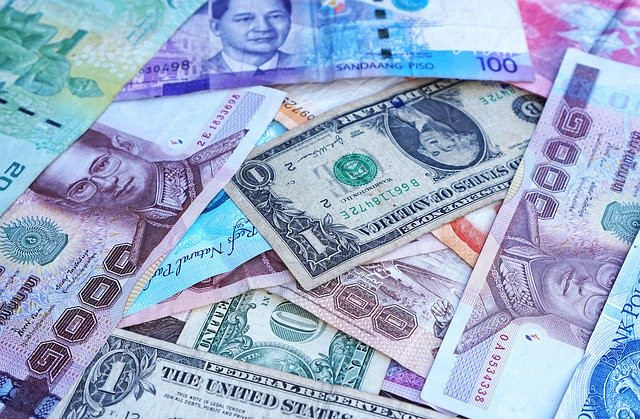The central bank of Thailand announced that they would be taming its currency's strength in the world market and adjust it accordingly to the effects of phase one of the trade war. The Thai baht was initially reported to have increased by eight percent this year, but Asia's best currency loses its momentum by the start of next year.
According to a report, Thailand is currently experiencing falling yields on local banks. It was also revealed that they are experiencing declines in equity outflows when the country has been initially recognized as the top-performing Asian currency this year.
It was also shown that the Thai baht has broad weakness in regional currencies after investors took advantage of its safe but low-yielding debt. The country has also been experiencing larger current account surpluses and increasing foreign reserves which helped Thailand garner global funds.
However, this month, the report indicated that the Thai baht only yielded a 0.1 percent increase in its currency. This went against initial claims about the Thai baht being the best-performing currency in Asia this year. Instead, it is now labeled as the worst performing among the Asian countries by December.
The recent values indicated that the Thai baht dropped to 0.2 percent or around 30.2 per dollar in shares - the lowest yield in six years during the first month of the third quarter of 2019. It was also perceived that the currency would perform weaker as the trade war between the US and China continue to improve.
According to a Bloomberg analysis, about 19 emerging-market currencies have been underperforming after the Chinese yuan continued to improve by the positive trade war effects. Consequently, the Thai baht was adversely affected by it that the central bank lowered its economic growth forecasts to level the global risks of the trade war.
This Monday, trade data would be released regarding November values and the analysts have already anticipated that the Thai baht would show a slowing trend in its currency performance. Moreover, last April, Thailand experienced its first trade deficit in both its imports and exports. The Thai baht is also expected to decline by 1 percent or reduce by 30.5 per dollar by the end of next year. This yield would put it behind three of the other Asian currencies.
The analysts further claimed that if the Thailand baht would continue to decrease, the situation would result in more Thai stocks being sold by 2020 and more would be weighing in on the baht. Thai bonds are also expected to decline since the central bank already cut the policy rate to its lowest this year.






